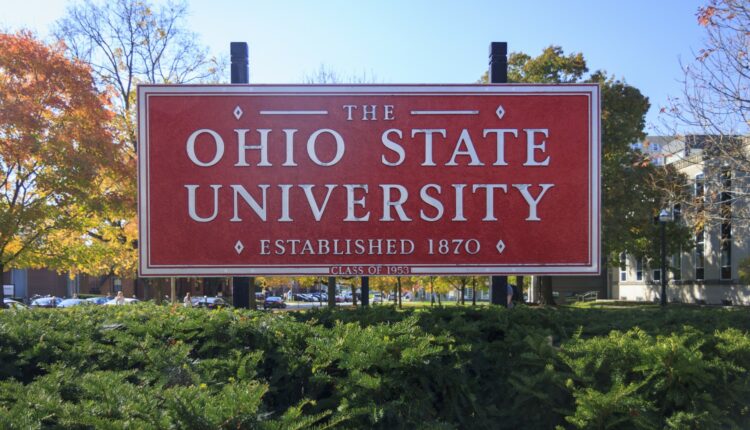Ohio State University: Buckeye Food Alliance offers cooking classes for students
Beginning this fall, the Buckeye Food Alliance (BFA), a food pantry at The Ohio State University, is offering six free cooking classes. The classes grew out of conversations about how to better serve the student population, especially those experiencing food insecurity.
“Historically, food pantries have been wonderful for getting food into the hands of people who need it,” said Nick Fowler, coordinator of the Buckeye Food Alliance. “There’s a large area of growth for teaching folks what to do with food. Sometimes we’ll see beautiful produce come through and a student will say, ‘I don’t know what to do with this once I get home.’”
The goal of the classes, Fowler said, is to equip students with skills they’ll need to prepare meals for themselves.
“That level of independence goes a long way toward closing the food insecurity gap.”
Each class will have 15 seats and focus on a different subject like kitchen safety, knife skills and using spices and condiments. The classes are led by Cameron Carothers and Michael Carnahan, senior culinary educators at The Ohio State University Comprehensive Cancer Center – Arthur G. James Cancer Hospital and Richard J. Solove Research Institute.
Usually, the educators lead cooking workshops that focus on plant-based diets and the cancer-fighting nutrients they offer, and it can’t hurt to help students become more familiar with vegetables and non-meat sources of protein, Carothers said.
“We want to set them up for success,” she said. “That way, they can learn these foundations and then in the future, they can continue them and hopefully pass them along. We want to create a better culture of wellness.”
For Carnahan, the classes are an opportunity to ensure another generation understands kitchen fundamentals like cutting onions or making soup.
“My philosophy is teaching basic cooking methods so that the students can use them in a lot of different applications,” he said. “For example, showing them how to make a vinaigrette. After that, they can make other vinaigrettes from one basic recipe.”
The first class was filled with volunteer students who were willing to test the program before it officially starts later this year. Fourth-year health science major Mia Mowatt-Larssen was excited to learn new skills. She volunteers with the BFA because food insecurity is common in her hometown of Warren, Ohio.
“A lot of students at my high school would go home and not have a meal,” she said. “We had free breakfast and free lunch days at my school. A lot of my friends used food pantries. I volunteered there, too.”
After COVID-19 pandemic restrictions eased, Mowatt-Larssen searched for a way to get back into campus life and became involved with the BFA. Fowler said he hopes the classes will encourage a similar type of community-building for other students.
“We’re coming through the pandemic, when you haven’t had a lot of face-to-face interaction,” he said. “One of the best ways I’ve found to meet somebody is to have a meal with them and share that space. So we’re building a sense of community within the pantry.”
In addition to strengthening bonds between students, Fowler hopes the classes will combat the stigma associated with using a food pantry.
“We want to build out our programming so students know we’re not just a pantry. We’re here as a resource to help with all aspects related to food.”

